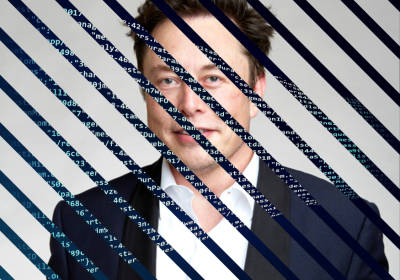Prime Minister Anthony Albanese’s proposed social media ban for young people may be popular, but it’s likely to do more harm than good, argues Isaac Nellist.
data retention
The wholesale, indiscriminate retention of telecommunications data continues to excite legislators and law enforcement in Europe and elsewhere, despite legal challenges, reports Binoy Kampmark.
If Elon Musk was in Russia, Western propaganda would call him an “oligarch”, but since he is in the United States he is referred to as a “very successful businessman”, writes Barry Sheppard.
People cherish their privacy and prefer explicit requests for consent as to how, when and by whom their data is used or shared, writes Ernst Merkenich.
Julian Assange imagined a future where digital technologies would be used for collective projects of humanisation and anti-imperialist resistance, writes Yanis Iqbal. He is being brutally punished by the United States for disrupting the drive for profits from surveillance and militarism.






